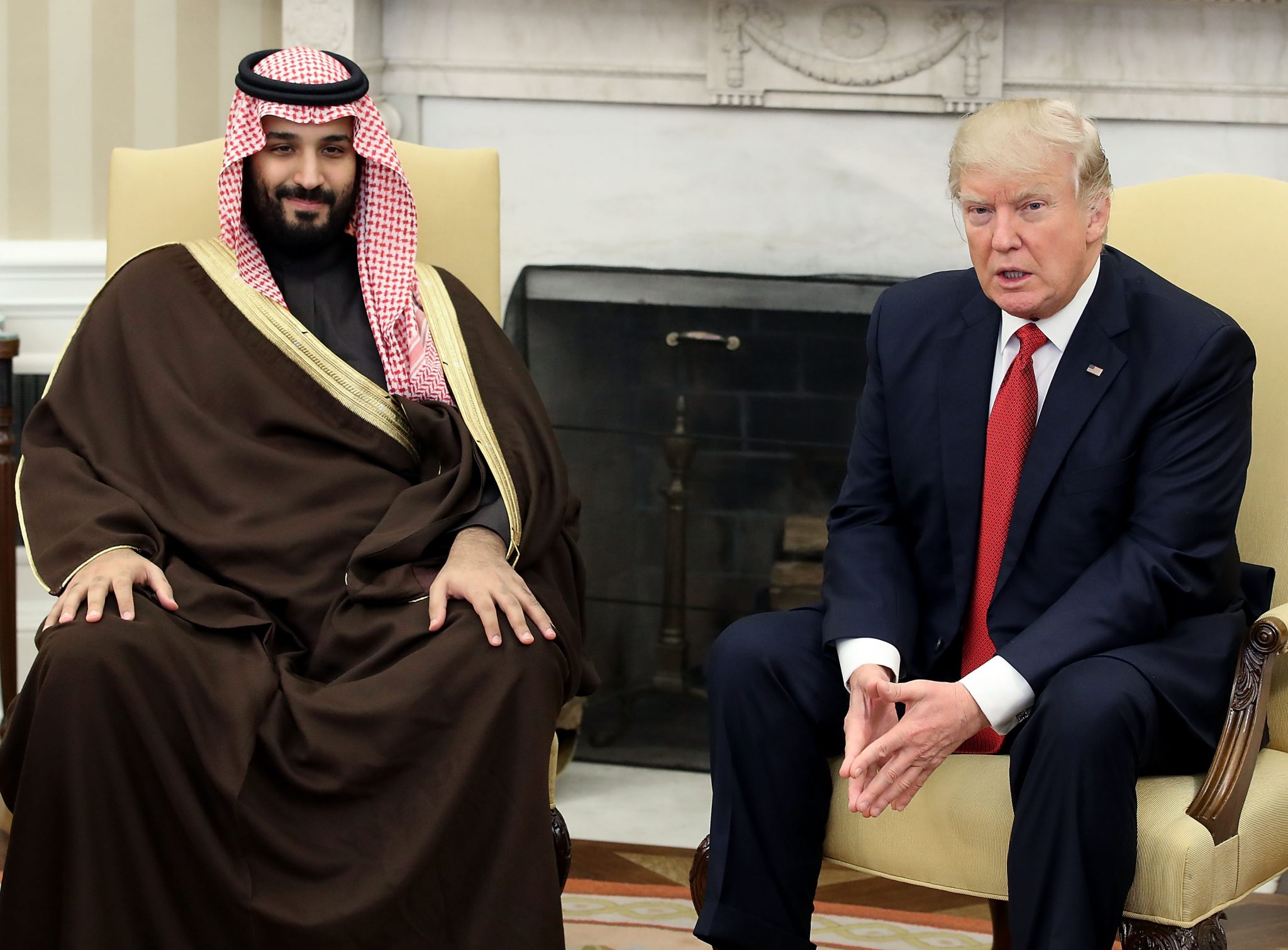On 19 June 2019, Agnes Callamard, the United Nations (UN) Special Rapporteur for extrajudicial, summary or arbitrary executions, issued a 100-page report in which she intricately described the details of journalist Jamal Khashoggi’s execution and further implicated Saudi Crown Prince Mohammed bin Salman (MbS) in orchestrating the murder. Despite ample evidence stated in her report, as well as that found by multiple intelligence agencies across the globe, including the Central Intelligence Agency (CIA), President Trump continues to dismiss the growing allegations that MbS was involved in Khashoggi’s death and should be held accountable.
Callamard’s report follows a six-month investigation into Khashoggi’s murder in which she outlined six violations of international law, including the arbitrary nature of the killing, the torture Khashoggi endured in the process, and the misuse of consular missions. She also investigated the extensive preparation on behalf of Saudi authorities prior to Khashoggi’s arrival at the Saudi consulate in Istanbul on 2 October 2018 – showing the killing had been premeditated. A team of 15 Saudi officials were flown into Istanbul from Riyadh prior to the murder, one of which was a forensic doctor, and Saudi state security officials had arranged all travel and accommodations for the team and provided government vehicles for their use. Prior to Khashoggi’s arrival, the Consul General also cleared the facility of most non-Saudi employees and ordered the remaining to stay in their offices.
Callamard also called into question the integrity of the Saudi investigation into Khashoggis death. The Special Rapporteur was not given any information regarding the evidence Saudi officials collected, and the officials also refused to share their evidence with Turkish officials investigating the murder. Turkish officials were only invited to enter the Consulate seven days after Khashoggi was killed, raising further questions of a potential cover up. To date, 11 individuals in Saudi Arabia are on trial for their role in the killing, however the UN has been largely excluded from these proceedings.
Callamard made clear in her report that states have an obligation in accordance with international law to ensure that its officials do not carry out acts that would result in an extrajudicial or arbitrary killing. She emphasized that MbS has an unprecedented tight grasp on political, security, and economic affairs in Saudi Arabia. Among reasons to further investigate MbS, she noted that Khashoggi himself expressed fear of the Crown Prince’s power and that a large number of arbitrary arrests and torture of journalists and activists have taken place at his command.
Although copious amounts of evidence warrant further investigation into MbS’ role, Trump and his administration have, at most, sheepishly inquired about the killing. Even in a visit last week with the Saudi king, Secretary of State Mike Pompeo refrained from discussing Khashoggi. Despite Callamard’s continued efforts to speak truth to power, MbS still stood front and center alongside President Trump at the G20 summit this past weekend. Ignorance emboldens human rights abusers, and if we are to see any improvement in Saudi Arabia’s human rights record, especially the treatment of journalists and activists, then the Trump administration and heads of state worldwide need to stop shying away from confronting MbS and holding him accountable for his clear role in the killing of Jamal Khashoggi.
Emily Yormak is an Advocacy Intern at ADHRB.





